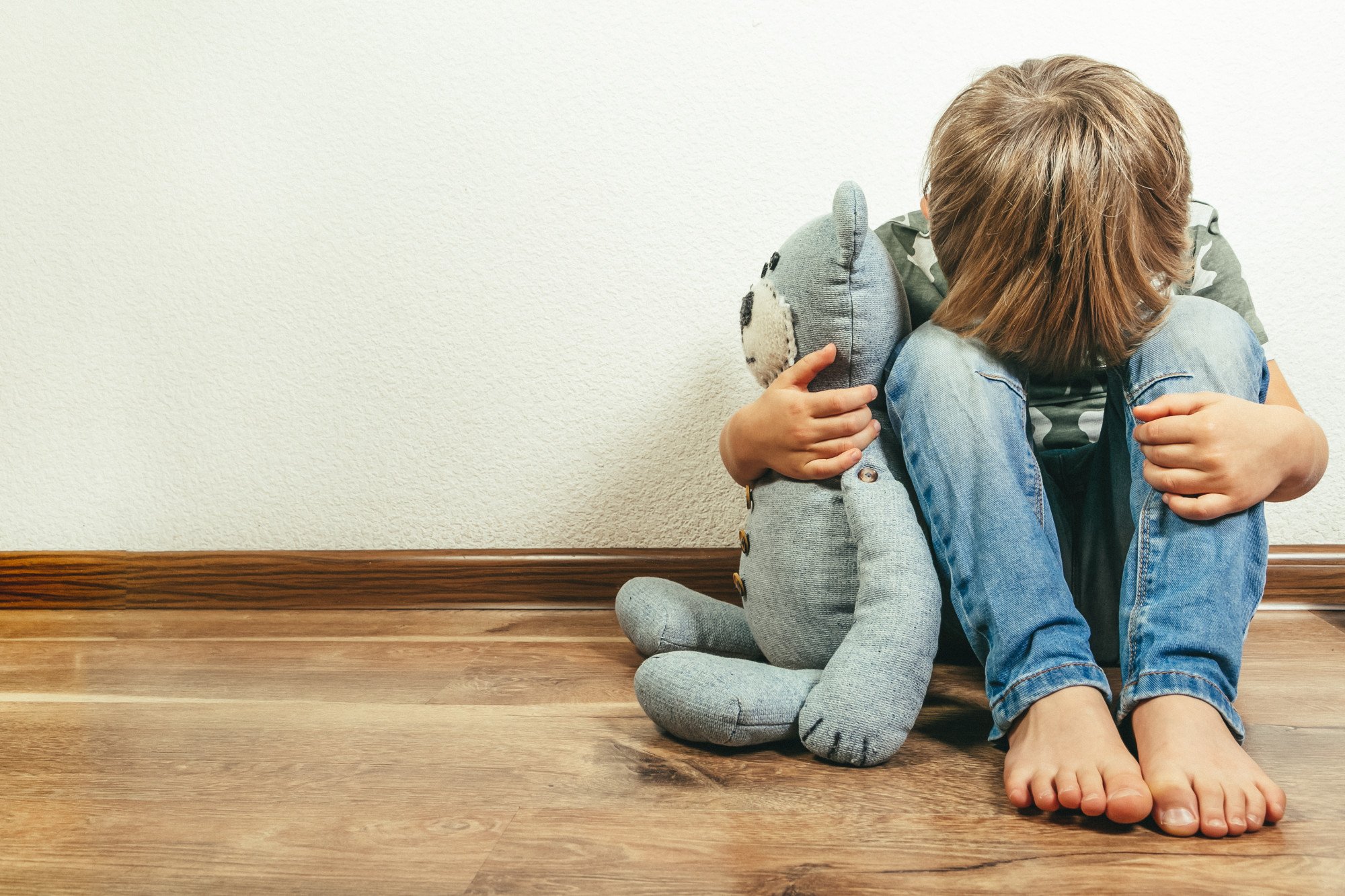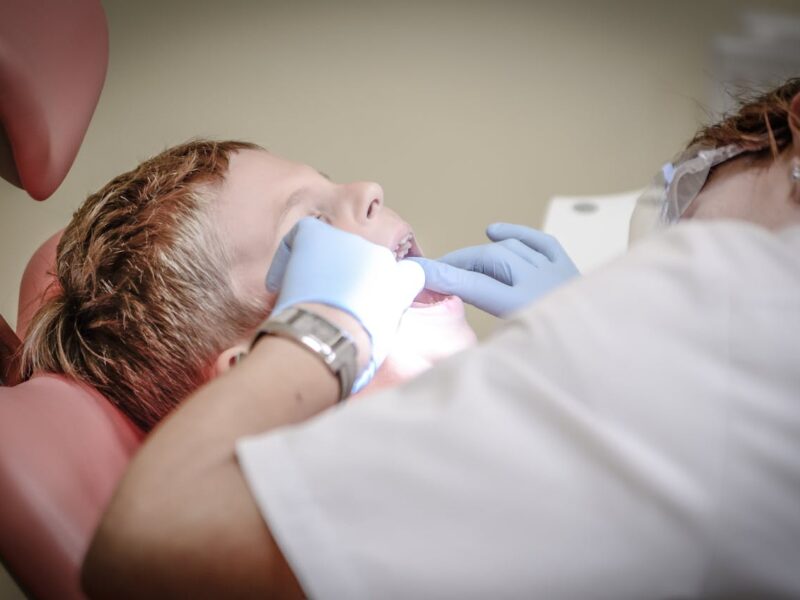Obsessive Compulsive Disorder (OCD) is a serious anxiety disorder that can really interfere with the healthy functioning of a person’s life.
While OCD is common, there may be clues as to why you have this disorder in your history that you may not have been aware of.
If you have OCD, it’s important to take steps to manage its symptoms. If you are not sure why you may have OCD, there’s a chance that your childhood trauma may be playing a role in it.
Learn more about OCD and childhood trauma by reading this article today!
Contents
What Are the Signs of OCD?
Obsessive-compulsive disorder (OCD) is a mental illness in which an individual experiences recurring obsessions and compulsions. Common signs of this disorder include:
- repeated intrusive thoughts
- excessive washing and/or cleaning
- difficulty throwing things out
- excessive counting of actions
- frequent arranging and re-arranging habits
- an obsession with details and rules
People living with OCD often feel like they must complete a series of actions in a certain order or else something bad may happen. Individuals living with this disorder may also be:
- more prone to worry
- have higher levels of perfectionism
- experience low self-esteem
Additionally, they may experience intense anxiety when they are away from familiar routines. It is important to seek help from a medical professional if any of these signs are present to ensure proper treatment is received.
How Childhood Trauma Can Lead To OCD?
Childhood trauma is a serious issue that can have lifelong effects. One of these effects is stress which can lead to OCD. OCD is a disorder marked by obsessional thoughts and compulsive behaviors.
People who have survived traumatic childhood events are more likely to have OCD than those who have not. The anxiousness and discomfort that often results from childhood trauma are difficult to cope with and can be extremely distressing.
People may become preoccupied with it as a way of avoiding the trauma or finding comfort. As a result, behaviors such as checking and counting can become deeply embedded habits.
What Happens If OCD and Trauma Are Not Treated?
If OCD and trauma are not treated, they can dramatically impact a person’s health and quality of life. OCD can lead to repetitive and intrusive thoughts and cause significant anxiety.
Unchecked OCD can also cause avoidance of activities that are normally enjoyed. Similarly, trauma left untreated can be debilitating. Those who have gone through traumatic experiences may experience stigma and guilt, which can lead to self-destructive behavior.
Without proper treatment, OCD and trauma can become ingrained in the lives of individuals and drastically limit functionality in everyday life. If you are looking for OCD treatment, you can check out this child psychology at thrive.ae to help you in early intervention of childhood trauma.
Treating OCD and Childhood Trauma
For some, childhood trauma may be a factor in developing OCD. There is evidence that PTSD can often be a precursor to OCD, and it seems that the two may be linked. Further research needs to be done in order to explore this further. If you or someone you know are dealing with OCD or PTSD, get help.
It is important to work on addressing OCD and childhood trauma and to seek professional help.
Did you find this article helpful? You can check out our website for more awesome content like this.



